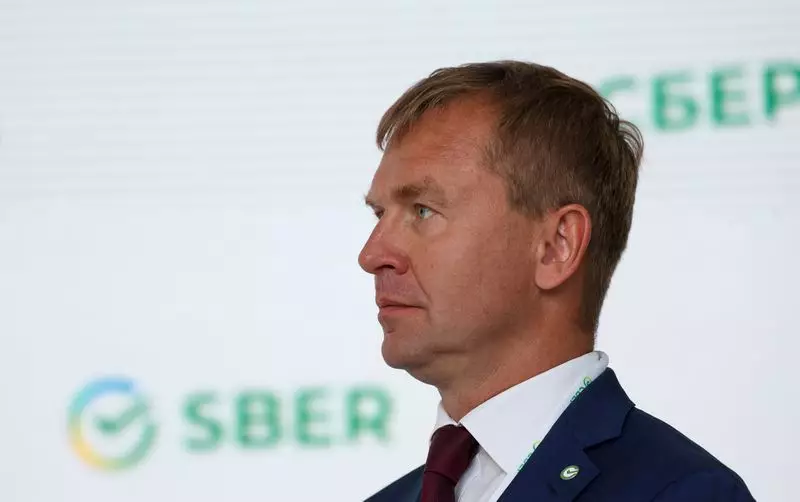Russia’s trade with India has experienced a significant growth, nearly doubling to $65 billion in 2023. The increase in trade can be attributed to India becoming a major importer of Russian oil after Western sanctions were imposed over a conflict in Ukraine. This surge in trade has led to a booming bilateral relationship between the two countries.
Anatoly Popov, deputy CEO of Russia’s largest lender, Sberbank, has stated that bilateral payments between Russia and India are proceeding smoothly without any glitches. Sberbank, which handles payments for up to 70% of all Russian exports to India, has not experienced any problems in its transactions with India. This is in contrast to the challenges faced in trade with other countries due to Western sanctions.
Popov mentioned that there was a significant increase in the interest of Russian businesses in the Indian market as it serves as an alternative market amid the sanctions. India’s friendly relations with Russia and the absence of anti-Russian sanctions make it an attractive trading partner for Russian companies. Sberbank’s branch in India has expanded with offices in Delhi, Mumbai, and an IT center in Bangalore, reflecting the growing trade relations.
One of the challenges faced in bilateral trade was the rupee surplus held by Russian companies due to the imports from India. However, Popov mentioned that this problem has been solved, and the surplus has been significantly reduced. He highlighted the need for India to further increase its exports to Russia to achieve balanced trade between the two countries. Despite the challenges, the trade between Russia and India continues to thrive, with transactions in roubles and rupees proceeding smoothly.
Sberbank has been developing its offering of hedging instruments and other financial products to support trade between Russia and India. This includes rupee-denominated loans for Russian companies at lower rates compared to Russia. Popov also expressed his gratitude to Indian regulators for allowing operations through rupee-denominated “vostro” accounts, which facilitate banking operations for foreign banks in India. The current mechanism of converting roubles and rupees has been functioning well, eliminating the need for third-party currencies for settlement.
The trade relations between Russia and India have been flourishing despite the challenges posed by Western sanctions. The smooth bilateral payments, steady growth in trade, and the development of financial instruments by Sberbank indicate a strong and resilient partnership between the two countries. With India’s self-sufficient economy and Russia’s rich resources, the potential for further growth and cooperation in trade between the two countries is promising.

